The Essence of Thyme Blog
Learn about essential oil recipes, aromatherapy careers, plant sustainability, aromatherapy classes, aromatic chemistry, and more.
Frankincense: A steady companion for end-of-life support and bereavement work
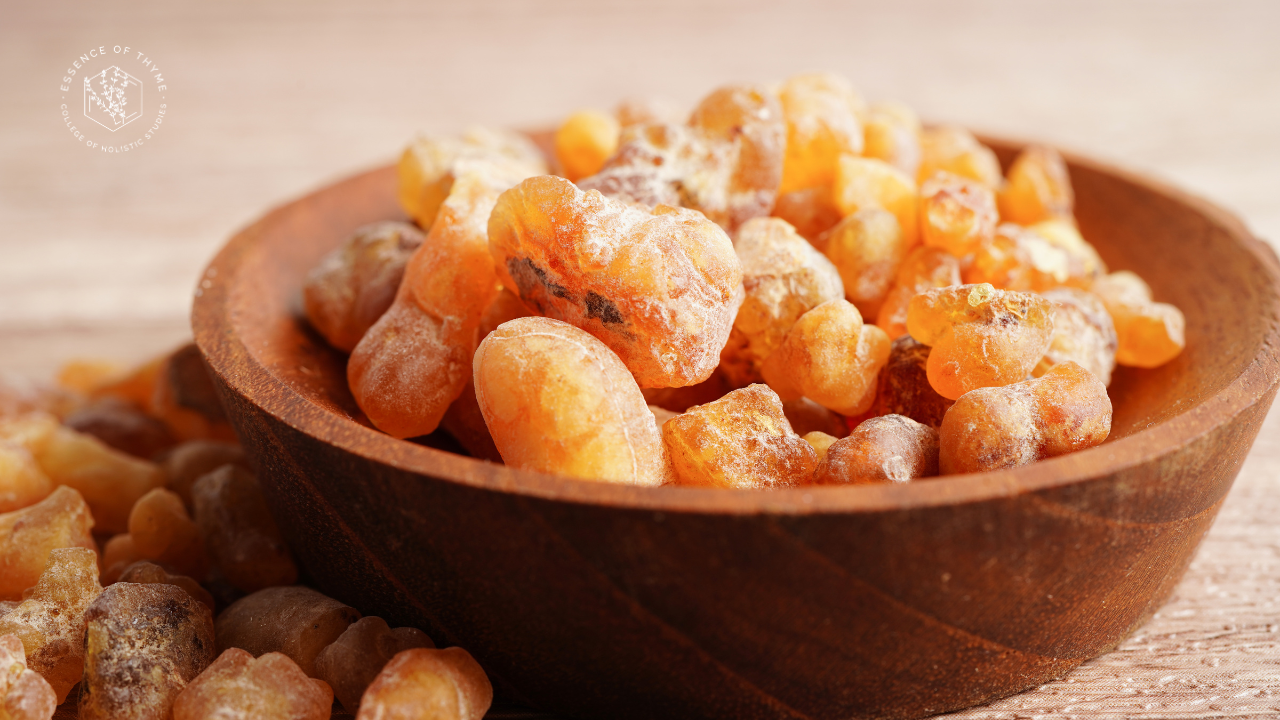
In palliative and end-of-life care, the smallest supports can carry real weight.
In our Aromatherapy for Palliative Care and Bereavement course, we explore how essential oils can be used with care, skill, and deep respect for the realities of grief, dying, and caregiving.
This 50-hour program is taught by Marika Fleri, Jonathan Benavides, and Margo Fletcher, instructors with extensive experience...
Seasonal Affective Disorder and Grief During the Winter Months
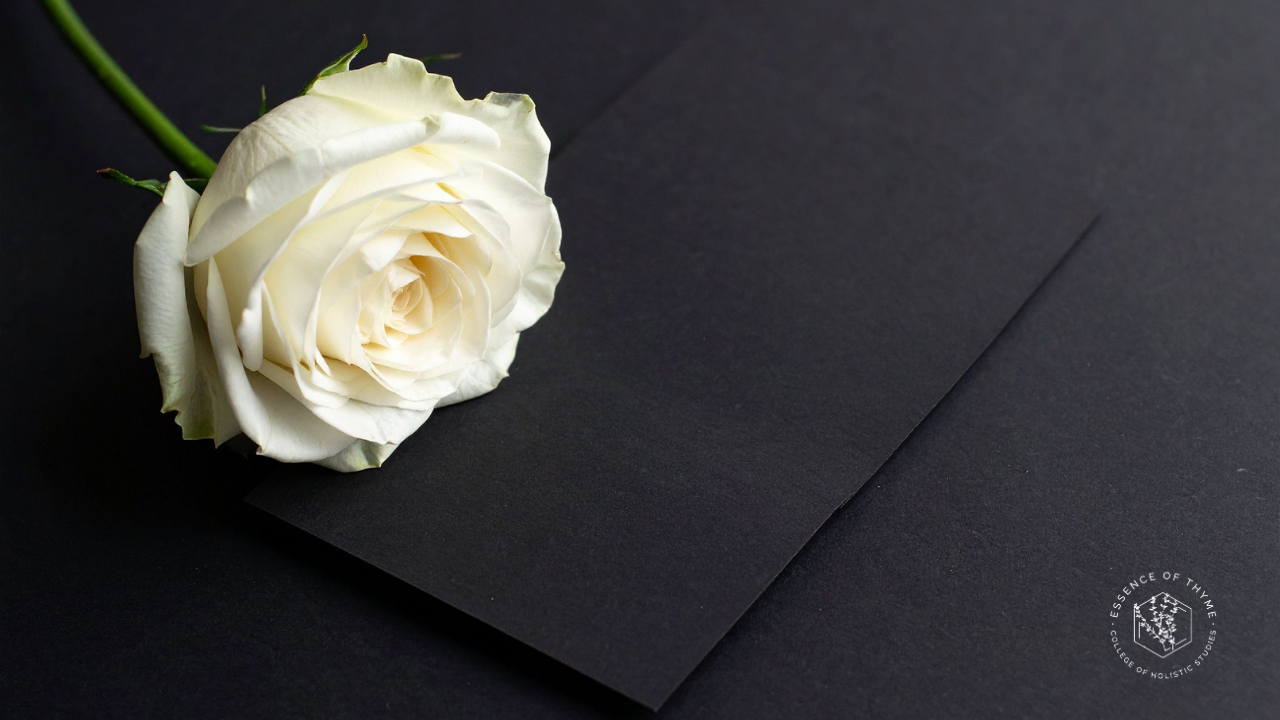
Seasonal Affective Disorder or SAD is a form of recurring major depression with a seasonal pattern. Symptoms often begin in the late fall and continue through the winter months when daylight becomes shorter. People may notice low energy, heavy mood, difficulty concentrating, and a tendency to withdraw. These experiences are common in SAD and also appear among individuals who are grieving. When th...
Cinnamon Bark Essential Oil: The Warm Scent of Autumn

Autumn in Canada carries a quiet beauty. The air cools, the leaves turn, and our senses begin to crave warmth and spice. In aromatherapy, few scents capture that comfort more than cinnamon bark essential oil. Its rich, familiar aroma has filled homes and hearts for centuries. Yet behind that inviting scent lies a potent essential oil that deserves both appreciation, respect, and conscientiousness....
Safe and Empowering Ways to Use Essential Oils on Animals
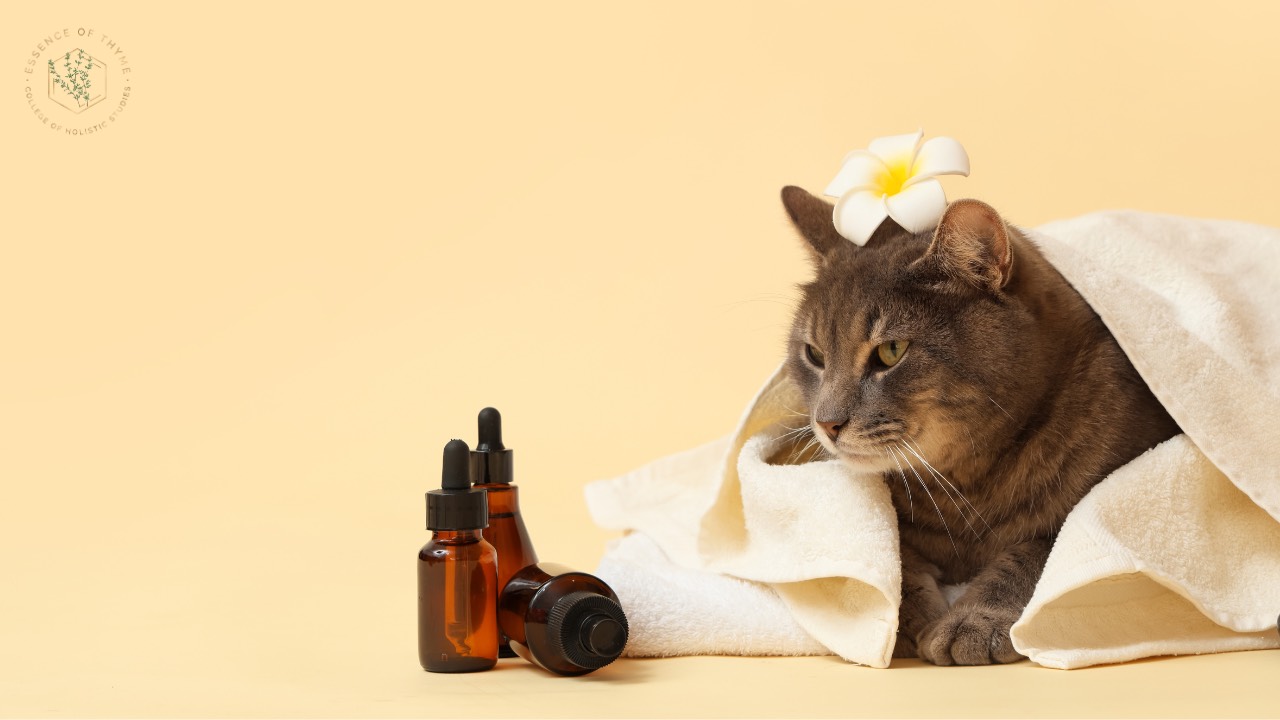
Animals are more perceptive than we often realize. Their sense of smell is highly developed, and it allows them to make instinctive decisions about what they need. Allowing animals to self-select essential oils honors those instincts. This practice not only reduces stress but also makes the healing process collaborative.
When an animal shows interest in a scent or turns away from it, that is valu...
Finding Clarity in Animal Aromatherapy
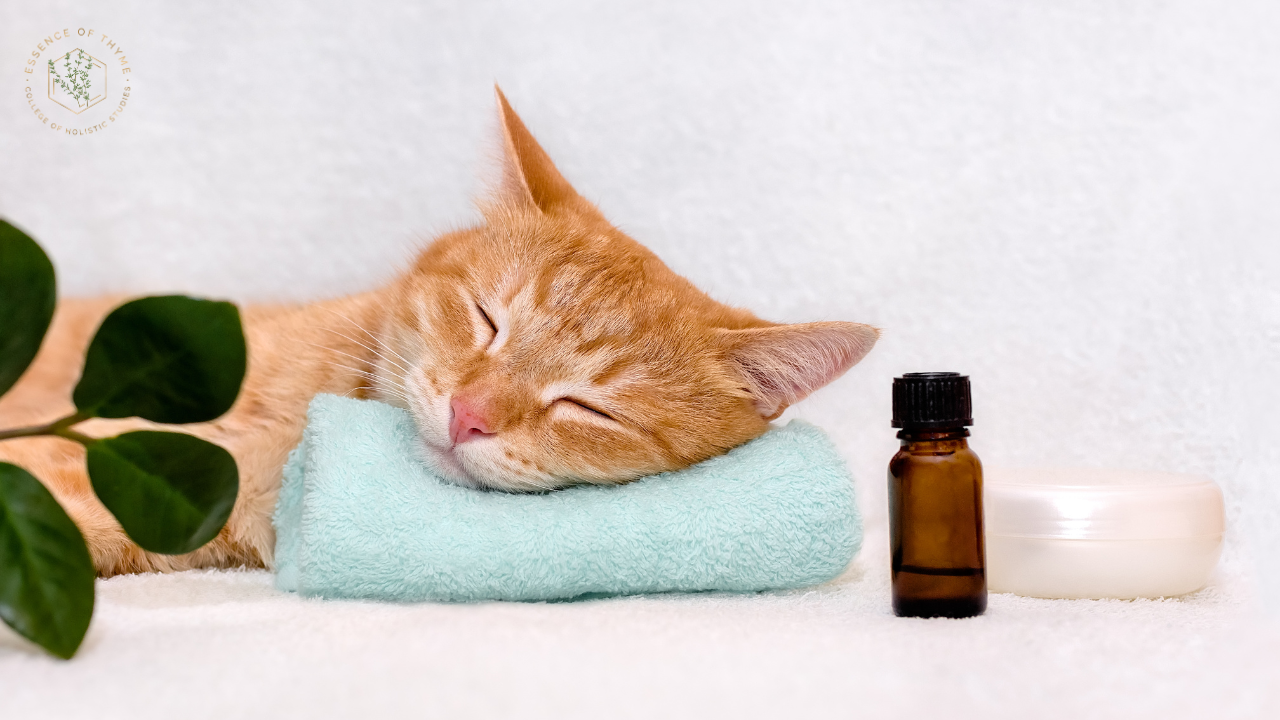
If you have ever searched for advice about essential oils and pets, you know how overwhelming it can be. One article warns of danger, another claims they are safe, and many seem to contradict each other. Even professional aromatherapists sometimes hesitate when asked what is truly safe for animals.
The truth is that animals can benefit from aromatherapy, but it must be approached with care and kn...
Seasonal Shifts and Scent: How Essential Oils Support Seasonal Regulation
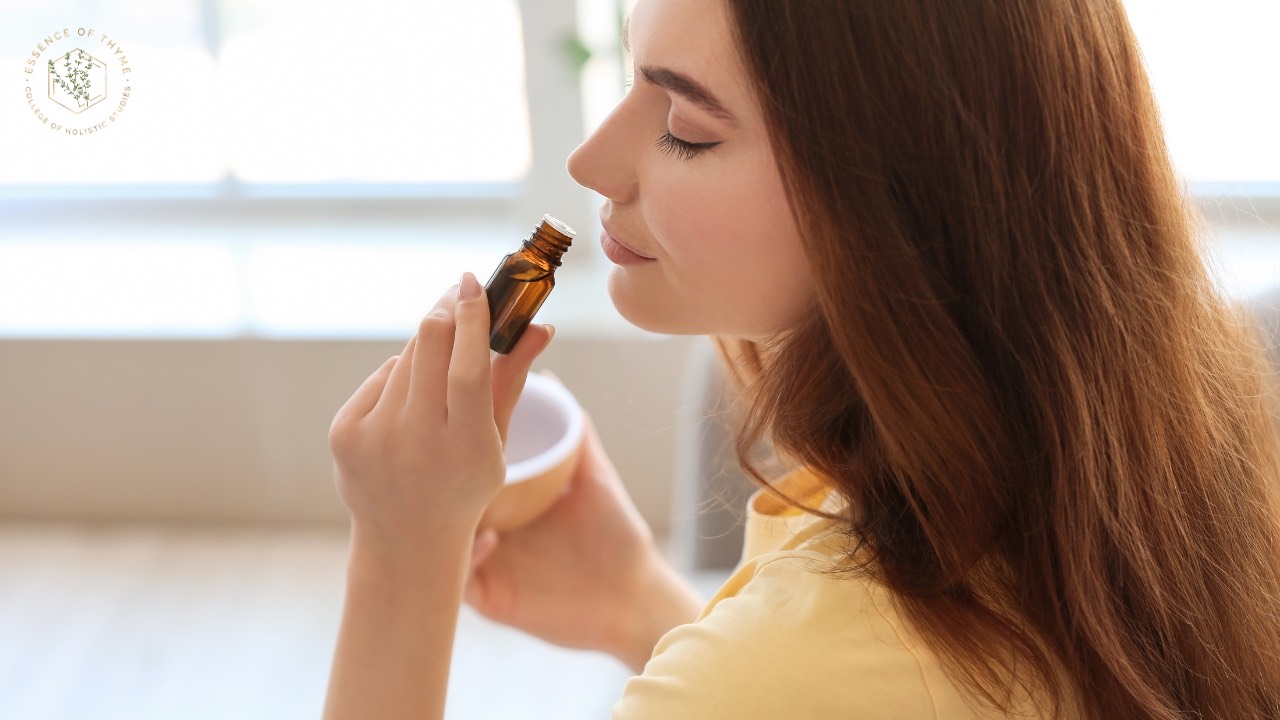
Late summer is a season of transition. The temperature cools, the days begin to shorten, and many people find themselves returning to routine after a more relaxed summer pace. These changes affect not only our schedules but also our physiology and mood.
In aromatherapy, understanding seasonal transitions is essential. The human body responds to environmental cues in measurable ways, including flu...
Top 5 Essential Oils Every Beginner Should Know

If you’re just starting your journey into aromatherapy, welcome! It’s an exciting world filled with incredible scents, natural wellness benefits, and opportunities to support the mind, body, and spirit. But with so many essential oils out there, knowing where to begin can feel overwhelming…
At Essence of Thyme College of Holistic Studies, we’re passionate about guiding new students and wellness s...
The Subtle Power of Scent in Supporting the Bereaved
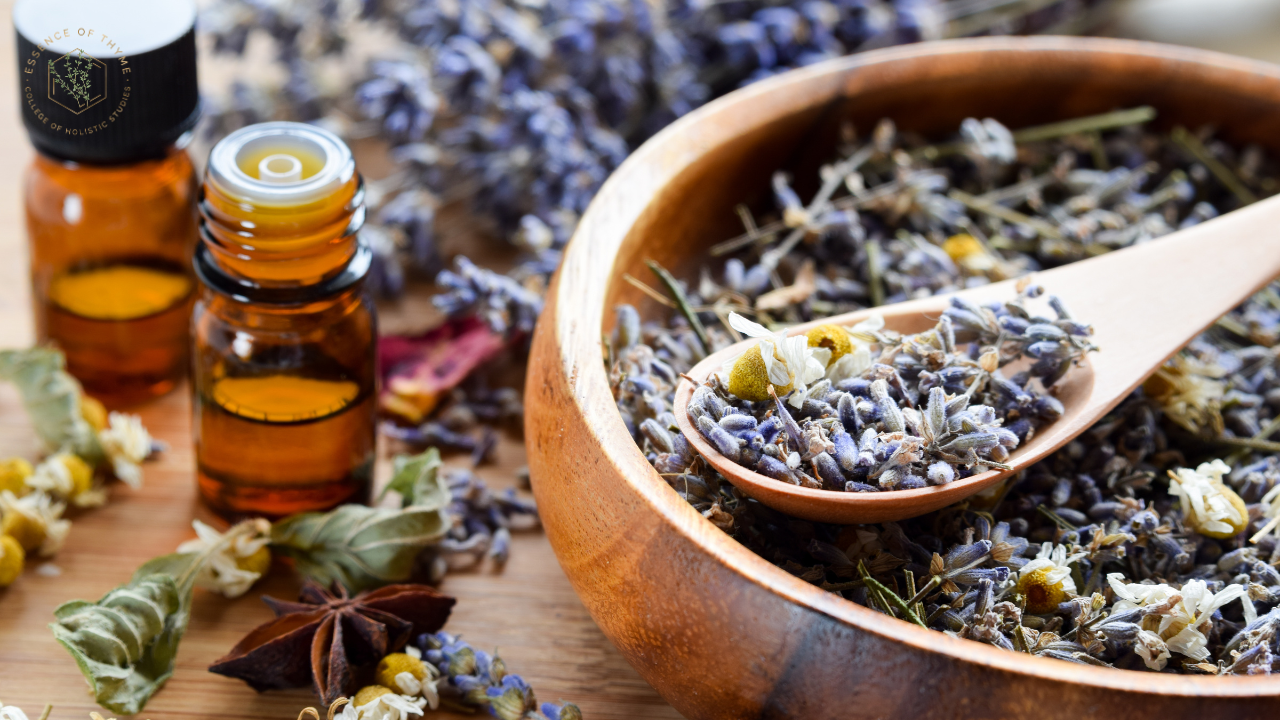
There are few roles more emotionally demanding than walking with someone through loss.
Grief counsellors, death doulas, therapists, and hospice volunteers often stand witness to sorrow that is too raw for words. They hold space where no one else can. They meet families in the most vulnerable moments of their lives and offer presence, not solutions.
But in that quiet space of grief, words often f...
How to Choose High-Quality Essential Oils?

With essential oils growing in popularity, it’s easier than ever to buy them. But much harder to know if you’re getting a truly high-quality product. For those starting their aromatherapy journey, understanding quality is key to using essential oils safely and effectively.
At Essence of Thyme College of Holistic Studies, we believe that education is the foundation of confident, ethical practice. ...
Yes, Aromatherapy Is Science And Here's Why That Matters
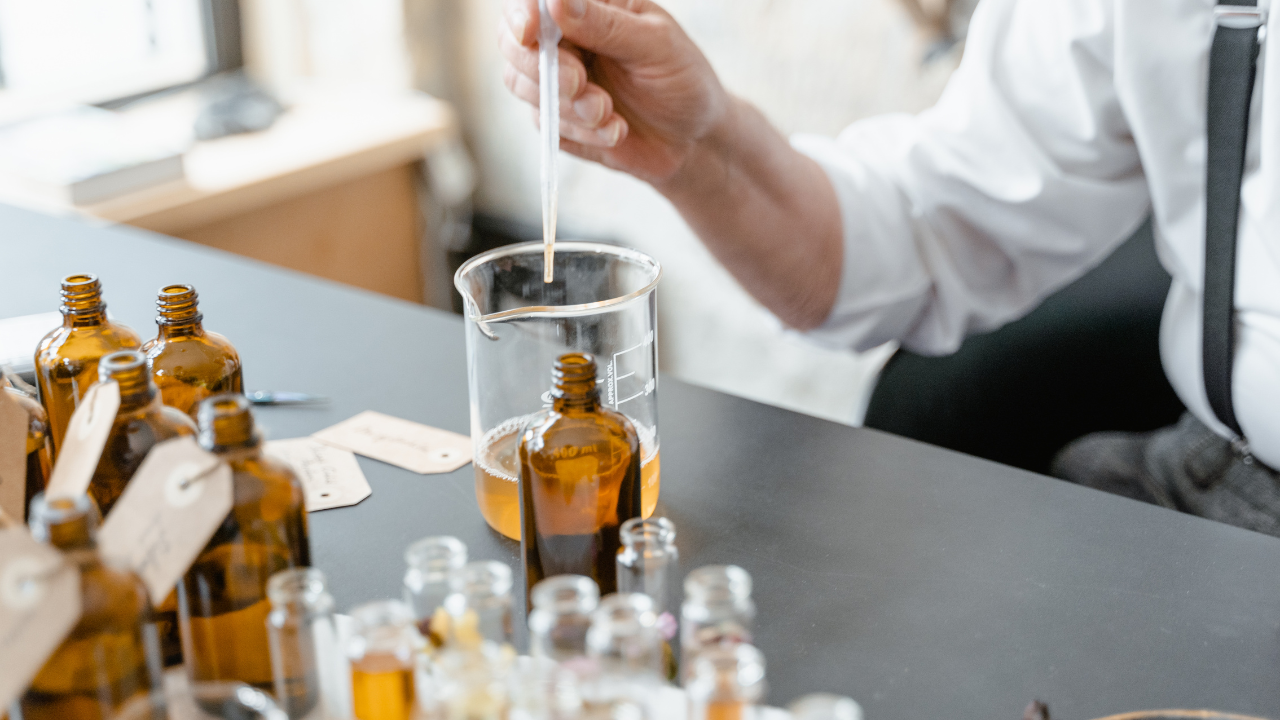
Ask someone what aromatherapy is, and they might say, “It’s about calming scents” or “It’s something relaxing with essential oils”. And while that’s partly true, it’s far from the whole story. Beneath the beauty of every aroma is something far more intricate: a complex world of chemistry, biology, and science.
Aromatherapy isn’t just about how something smells. It’s about how that scent interacts...


